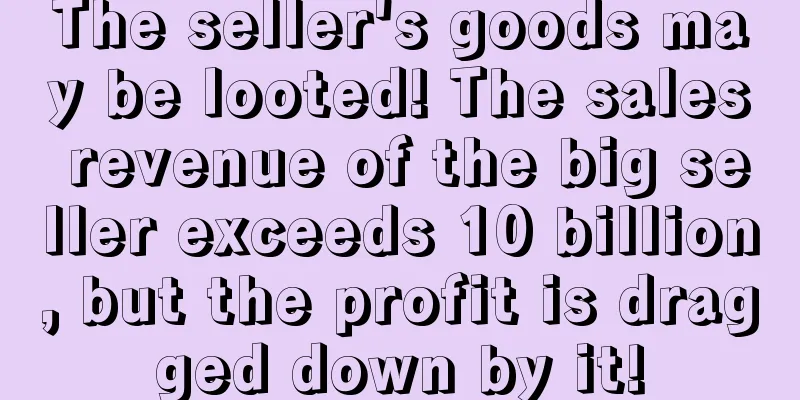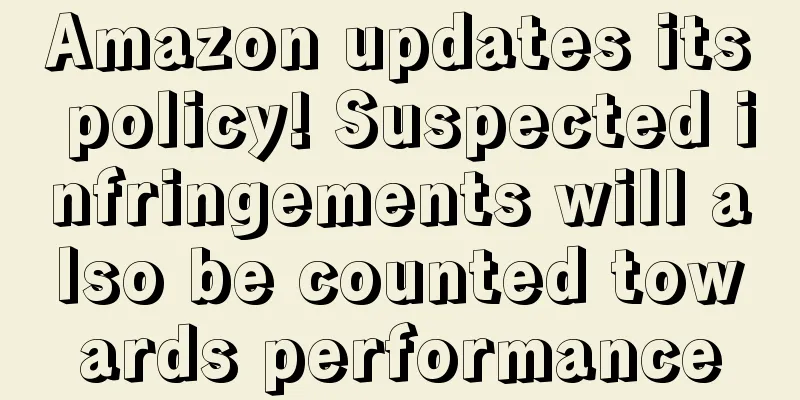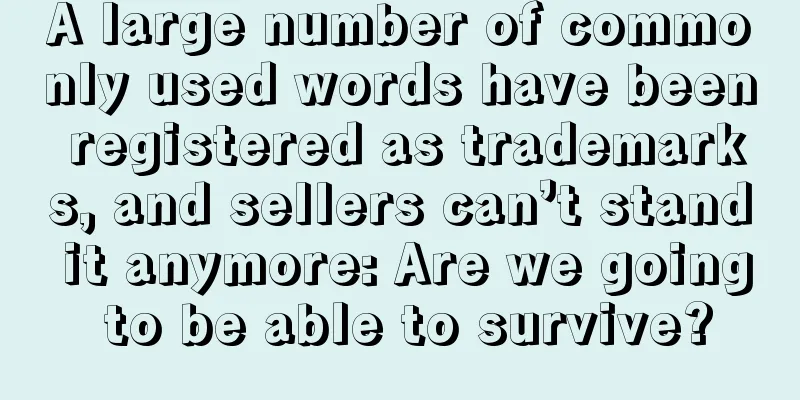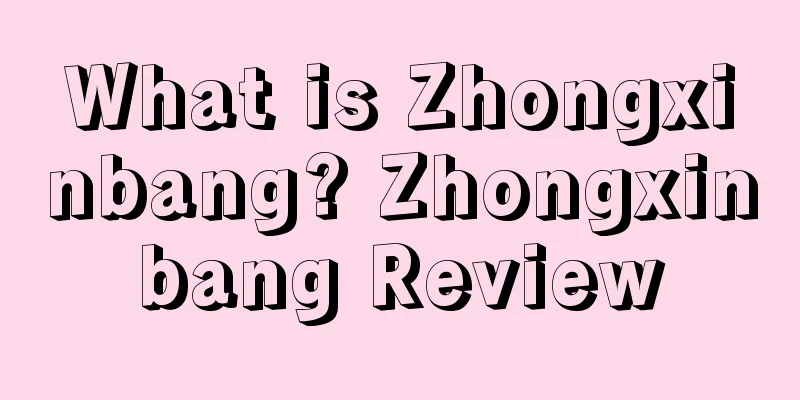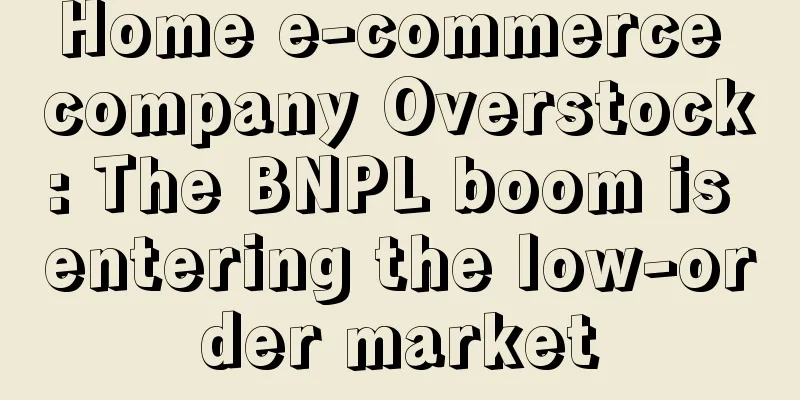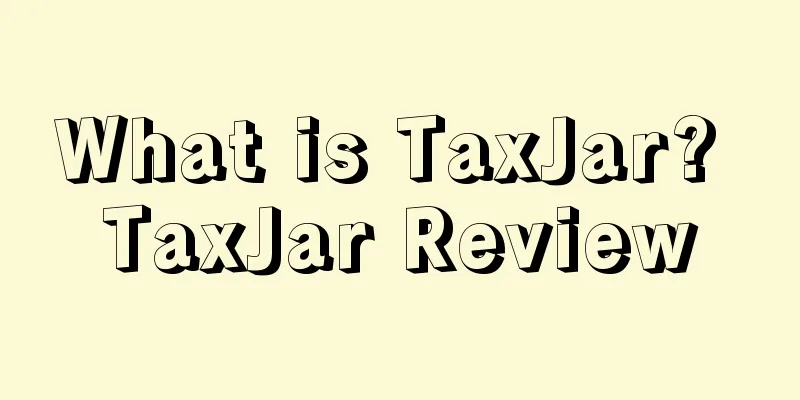Amazon subsidizes 10% of its own money to encourage sellers to increase off-site traffic

|
Amazon recently updated an announcement in the background, reminding sellers that they can get additional sales subsidies through the Brand Referral Bonus (BRB) brand reward program! Many sellers are not sure what this program is for and how to get the 10% extra subsidy. After brand sellers sign up for the BRB program, they can generate their own exclusive recommendation tags. If sellers use these tags to bring traffic to Amazon from outside the site, Amazon will provide sellers with an average of 10% sales rebate. In addition to clicking on the channel link to purchase directly, Amazon will record the consumer's information as long as the consumer clicks in. Within 14 days after clicking on the seller's tag, if the consumer purchases the product, it will be counted as a valid order and receive a bonus. This rebate rate is different for each category, and basically corresponds to the commission ratio of each category. The category with high commission also has high rebate, and vice versa. There is a detailed table in the background for you to check out, and the rebate ratio corresponding to each category is marked. Here I will give you a simple screenshot of the rebate ratio of some categories for your reference. Although the highest rebate of Amazon device accessories category is an astonishing 30%, the commission of this category is also the highest, usually around 45%. It is the most cost-effective for sellers of this kind of products to do this rebate activity. It is equivalent to directly cutting the commission of Amazon accessories category to the level of ordinary categories. The difference in the middle can definitely double the profit. How to register for the BRB program First, brand sellers can find the Brand Referral Bonus page under the brand tag and register on the page to enjoy rebates. Then the promotion link and promotion effect tracking are all achieved through an old feature of Amazon advertising, Amazon Attribution . Through the projects set by the seller, it can monitor the traffic introduced to Amazon from various off-site channels and the transaction status of this traffic. The data that can be displayed is similar to that of on-site advertising, including the number of impressions, clicks, detail page views, conversion rate, transaction volume, etc. After completing the registration and turning on Attribution's link detection, you can post link posts on major social media sites to attract traffic. As long as the transaction is completed through the link, or the order is completed within 14 days after clicking the link, Amazon will automatically calculate the rebate. |
<<: FBA warehouses facing a labor crisis? Beware of the risk of delays in Prime Day
>>: Amazon's display rules have changed! This should be taken seriously
Recommend
What is Fruugo? Fruugo Review
Fruugo was launched in Finland. It is an internati...
What signal is Amazon sending by banning accounts while providing training?
▲ Video account focuses on cross-border navigation...
Deadline: June 12! Wish "Anniversary" promotion submission is now open!
According to foreign media reports, Wish recently ...
Exchange rate fluctuations and blockades in many countries have made the situation even more difficult for sellers!
<span data-shimo-docs="[[20,"今天是11月6号了,等待了...
How did Shopee’s top sellers achieve growth from 0 to 1 within half a year?
On the long journey of going overseas, sometimes c...
What is Lilanda? Lilanda Review
Shenzhen Lilanda Technology Co., Ltd. (hereinafter...
Amazon hits new high again! Trump's presidency is in jeopardy
2020 is a year of disasters and wonders. The Unite...
What is HitPay? HitPay Review
HitPay is a commerce platform for small businesses...
What is UPS? UPS Review
United Parcel Service, Inc. (UPS) is the world'...
What is Lingzhi Collector? Lingzhi Collector Review
Lingzhi Collector is a tool designed for cross-bor...
Get the "2023 Home Furnishing Brand Overseas Insight Report" for a limited time!
In an environment where consumption is sluggish an...
What is the demand for online fashion shopping in the United States? What are the characteristics of consumer behavior?
It is learned that DigitalCommerce360 and BizrateI...
What is Pixmania? Pixmania Review
Pixmania is Europe's No. 1 cheap electronics s...
What is Topological Silk Road? Topological Silk Road Review
Topological Silk Road (Topological Silk Road (Nanj...
Large-scale store closures! Overseas sellers are also affected! The reason is very strange...
Black Friday has officially begun. I thought I wou...


